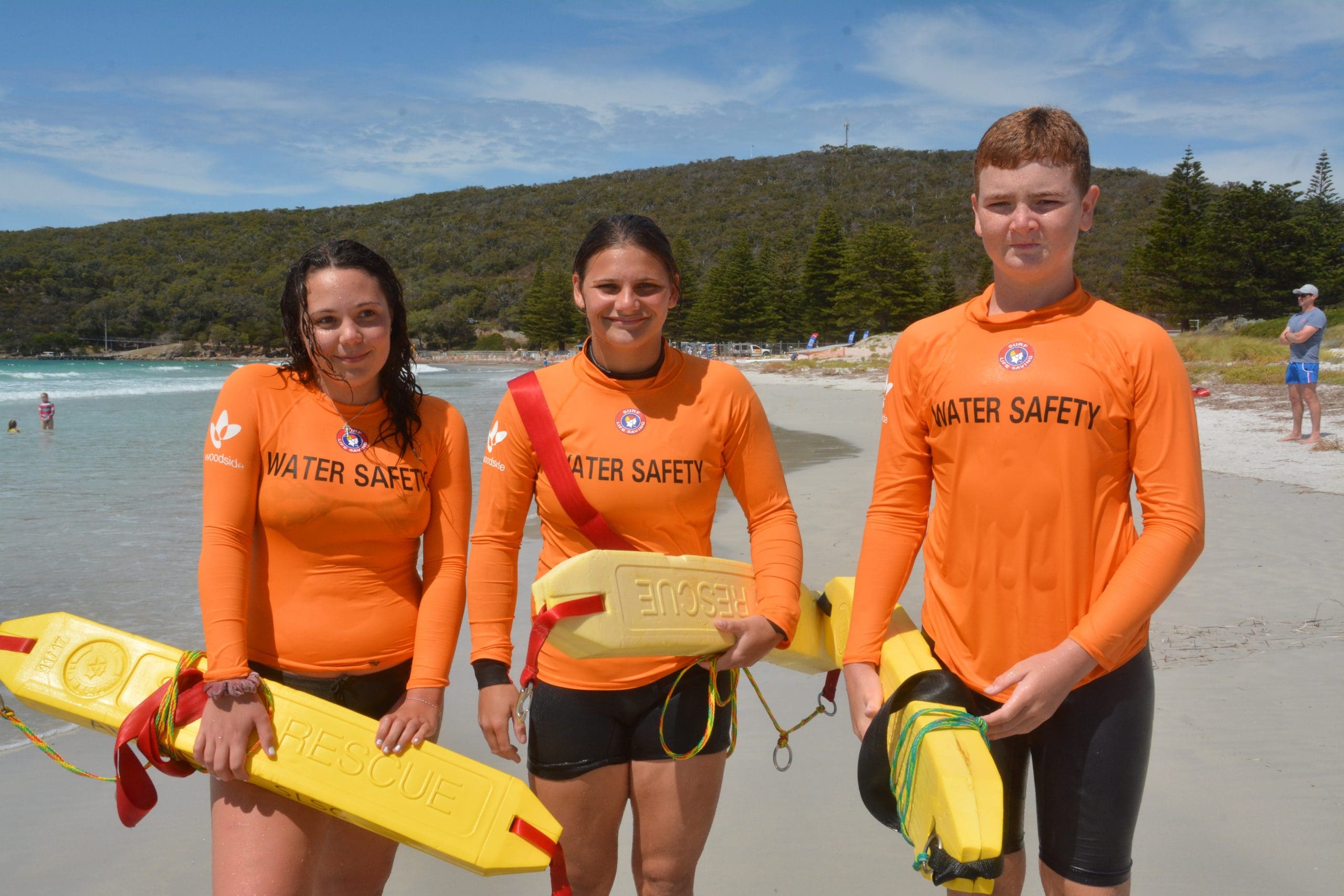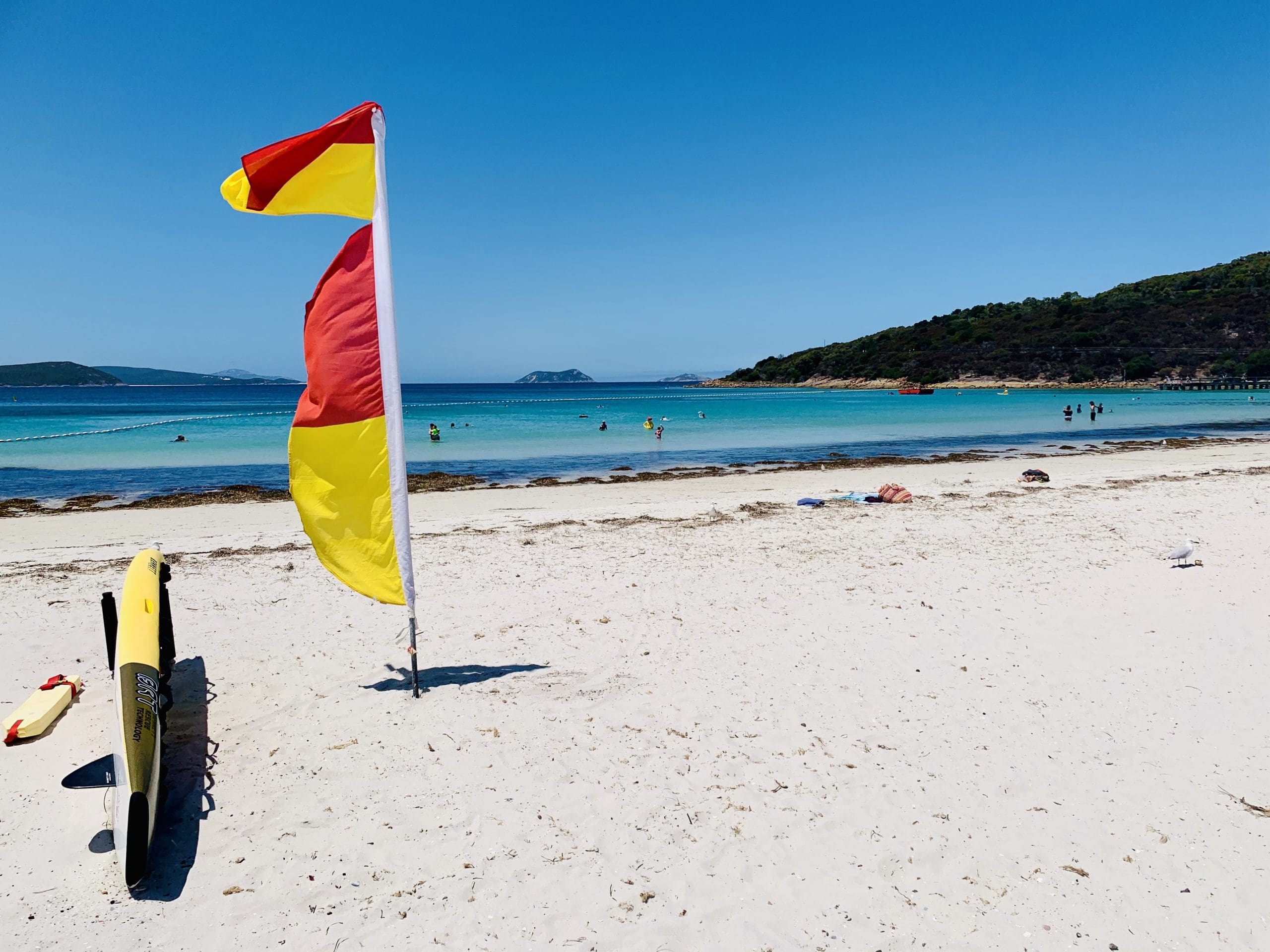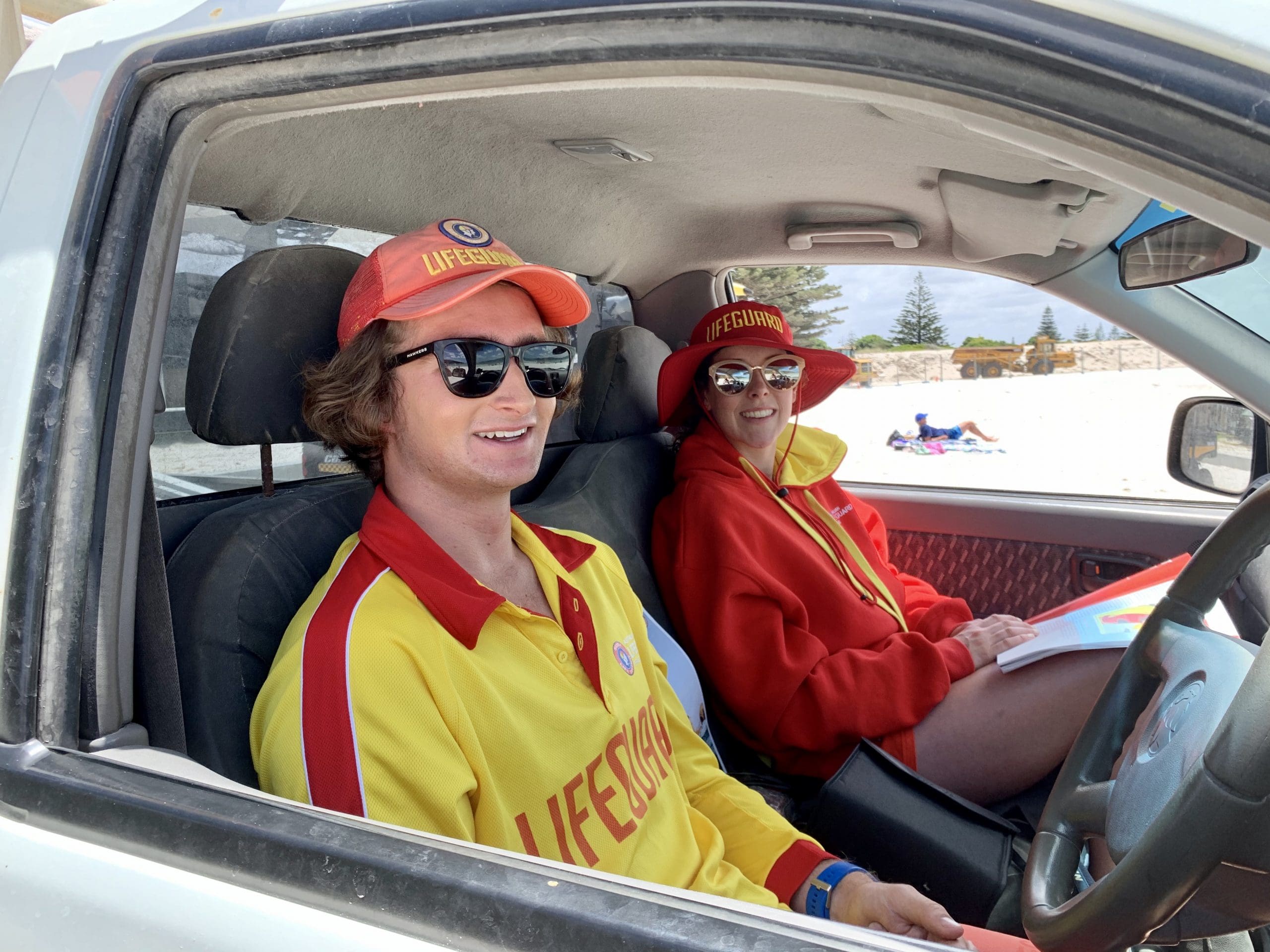Water Safety
The safety and care of our young members in water based activities during Sunday morning activities, club nipper and youth training sessions and competition carnivals is paramount to our club and our organisation.
A ratio of 1 Water Safety Officer to 5 young members is a pre-requisite for all our water based activities, and with large numbers of nippers this means we require anywhere from 10-20 qualified water safety officers rostered on any given Sunday morning.
To become a qualified Water Safety Officer and assist with nipper, youth and senior activities, patrols, club championships, regional and state carnivals, school water based excursions and/or community events you will need to complete a Parent Water Safety Course, or Surf Rescue Certificate (SRC) or the higher qualification of the Bronze Medallion.
The Surf Rescue Certificate (SRC) is a Patrolling Lifesaver Award which aims to teach and assess: Safety and Well Being; Surf Awareness and Skills; Basic Anatomy and Physiology; Basic Emergency Care; Resuscitation (CPR); Communication; Rescue Techniques; and Patrols. The SRC is also recognised by the Department of Education and Training’s Water Safety Guidelines for supervision of children in both open and closed environments.
Please contact the Education Team Leader for information in attaining your qualification to become involved in water safety.

The Albany SLSC offers a number of courses in water safety for both it’s members and the general public. Find out more at the link below.
Always swim between the red & yellow flags
When you see red & yellow flags on a beach, it indicates that there is currently a lifesaving service operating on that beach. Our surf lifesavers have chosen a section of the beach that is best for swimming and they will closely supervise this area. Lifesavers pay more attention to the area between the red & yellow flags than any other part of the beach.
Read the safety signs
Before you go on to the beach be sure to read the safety signs. This will ensure you’re aware of any warnings or dangers on the beach. You can also find other helpful information to make your day at the beach more enjoyable. You might also find single signs placed on the beach to highlight specific warnings.

Ask a surf lifesaver for safety advice
Our surf lifesavers are highly trained and very knowledgeable about beach safety and conditions. When you arrive at the beach, look for and identify the lifesavers and lifeguards. Feel free to ask them about the day’s conditions, as well any additional beach safety advice they might have for that specific beach – because every beach is different.
Swim with a friend
Not only is swimming with a friend (or family member) a fun way to enjoy the beach, it is also very sensible. While you’re swimming together, you can keep an eye out for each other, and if further assistance is required, one person could call or go for help. If everyone swimming together knows their own limits, it’s a good idea to share this with those around you so you can all stay within these.
